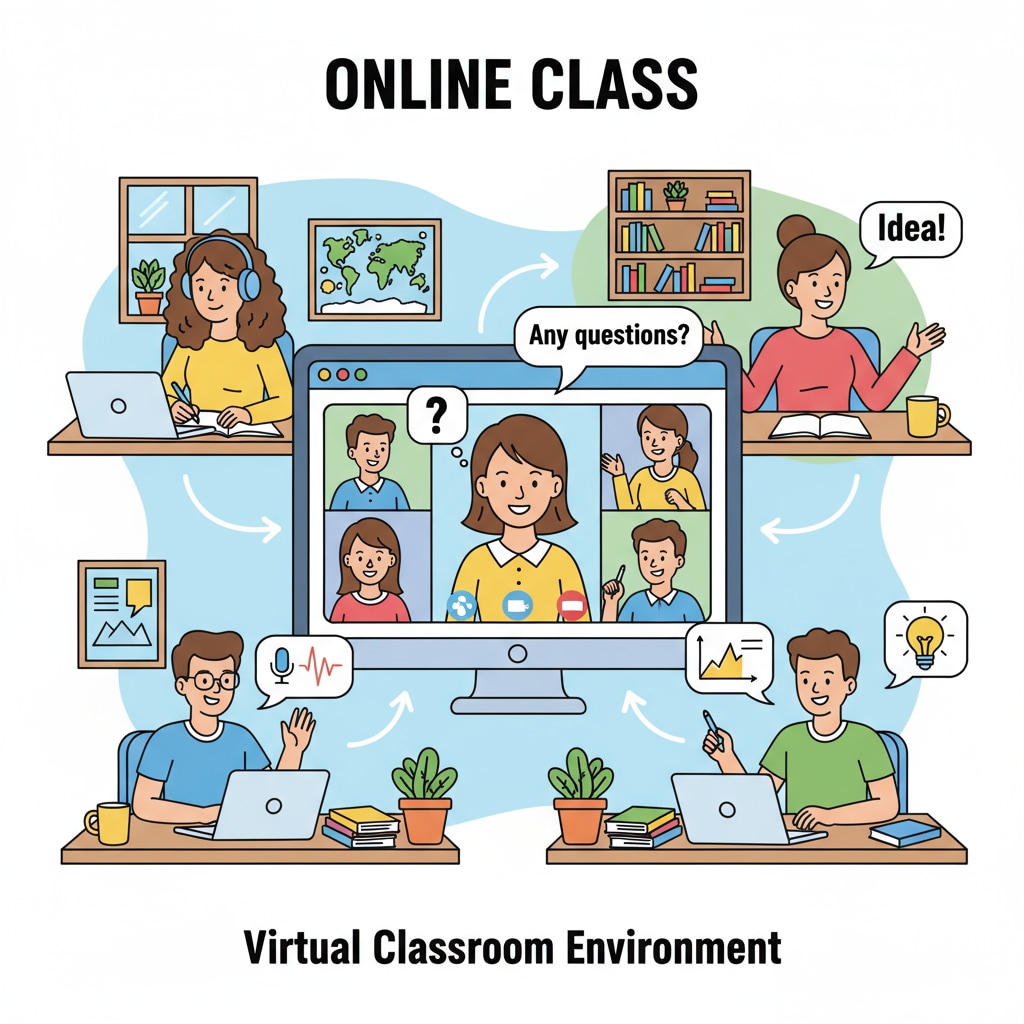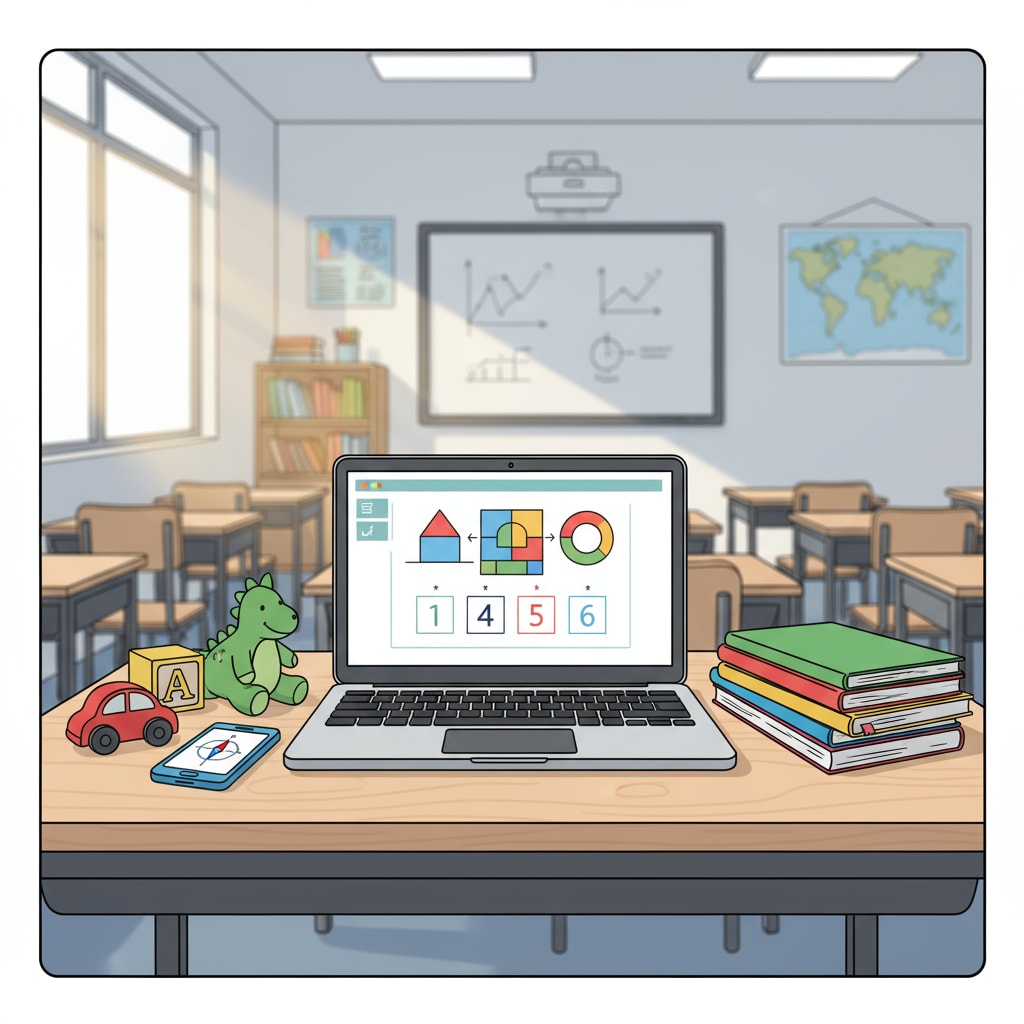Online learning, self-discipline challenges, and FOMO have become significant aspects of the educational experience in the K12 sector. As technology continues to reshape education, students are increasingly engaging in digital classrooms. However, this shift comes with its own set of advantages and disadvantages, particularly when it comes to self-regulation and social interactions.

The Allure of Online Learning in K12
One of the most significant benefits of online learning in K12 is the flexibility it offers. Students can access lessons at any time and from anywhere, allowing them to tailor their study schedules to their needs. For example, a student who participates in extracurricular activities can catch up on missed lessons at a convenient time. According to EdWeek, this flexibility can enhance learning outcomes as students can focus when they are most productive.
The Self-Discipline Hurdles
While flexibility is a great advantage, it also brings self-discipline challenges. Without the physical presence of a teacher in a traditional classroom setting, students need to be more self-directed. They must set their own study routines, manage distractions, and stay motivated. Many students struggle with these aspects. For instance, the temptation of social media or video games can be hard to resist during study time. As a result, maintaining focus and completing tasks on time becomes a significant hurdle for K12 students in online learning environments.

The Shadow of FOMO
Another consequence of online learning is the fear of missing out (FOMO). In a traditional classroom, students interact with their peers daily, share experiences, and build relationships. In the digital world, this face-to-face interaction is limited. Students may feel left out when they see their classmates having fun in person or participating in group activities without them. This sense of isolation can impact their mental well-being and overall educational experience. As reported by the American Psychological Association, FOMO can lead to feelings of anxiety and lower self-esteem among students.
In conclusion, online learning in K12 education is a double-edged sword. It offers valuable flexibility but also presents self-discipline challenges and the specter of FOMO. Educators and parents need to work together to help students navigate these issues. By providing support, setting clear expectations, and promoting social interaction, we can ensure that students not only benefit from the technological advancements in education but also thrive in a well-rounded learning environment.
Readability guidance: The article uses short paragraphs and lists to summarize key points. Each H2 section provides relevant details. The proportion of passive voice and long sentences is controlled, and transition words are added throughout the text to enhance readability.


